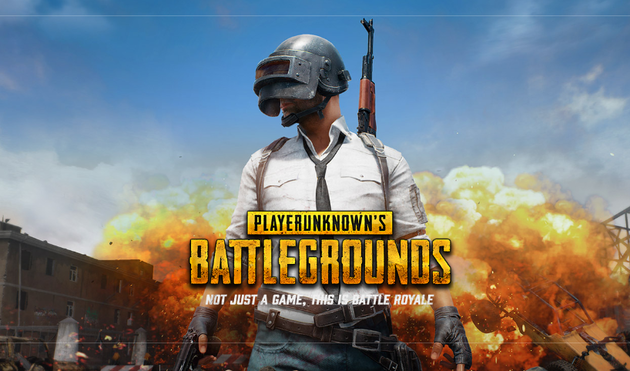Jan. 3 (NBD) -- As of Dec. 28, 2017, a total of 1.5 million accounts have been banned from popular game PlayerUnknown's Battlegrounds (PUBG) by BattlEye, the anti-cheat company announced on Twitter.
The new high is up from 700,000 according to BattlEye's newest update on November 14, 2017. The number of accounts banned has more than doubled in just one month and a half.
It's been an ongoing battle for authorities to crack down on hacks and cheats in video games. However, low threshold of cheating software development, fat profits from popular games, and updated technology for cheating have made cheats in video games widely practiced even under strict prohibition, Zhang Shule, a video game critic said to NBD.

Photo/PUBG website
Hackers and cheaters in video games are blinded by gain
The number of PUBG's global players has reached 30 million by the end of 2017, up from 20 million in early November. And the game recently passed 3 million concurrent players on PCs, according to the game's developer Bluehole Studio.
Unfortunately, cheats are also rising along with the game's popularity. BattlEye banned as much as 42,000 PUBG cheaters in a single day on Oct. 22, 2017.
Cheats in games definitely compromise players' game experience. A PUBG player said to NBD that he was frustrated when other players cheating in the game.
Lucrative gains fuel cheats in games. The Beijing News reported that a hacker who provides cheating sofware could earn as much as several million yuan in one month and an agent who sells such software could get over 100,000 yuan (15,404 U.S. dollars) monthly.
Last November, after Tencent managed to secure the exclusive rights to PUBG in China, the gaming behemoth promised to crush cheaters in PUBG through technological means.
A person-in-charge of Tencent Interactive Entertainment said to NBD in an interview that it's foreseeable for the company to encounter a fierce fight against cheaters once it begins to run the PUBG servers in China.
NBD noticed that regulatory authorities have launched increasingly strict crackdown on cheating in video games.
In the first criminal case involving cheating in video games in 2017, the defendants Dong Jie and Chen Zhu were sentenced to imprisonment of 6 years and 3 years, respectively.
Small gaming companies lack the capability to deal with cheats
While it's not difficult for hackers or cheaters to develop or use the cheat software, most of small/medium-sized gaming companies can hardly stop the cheats with their limited resources, Zhang commented. Only a few top game makers have the needed tools to easily detect and stop the cheaters, Zhang added.
Cheat software is shortening the lifecycle of a game just like the parasite harming people's health. Most of the time, gaming companies lost the game of "catch me if you can" against cheaters and hackers.
Zhang introduced that mainstream game makers abroad would hire teams of hackers or outsource the anti-cheat job to a third party like BattlEye to deal with cheats.
The above-mentioned person at Tencent Interactive Entertainment said that the company has already developed mature technological solutions to spot and collect "cheating samples" and use the samples together with in-game earnings and behavioral data to detect cheaters in video games.
The person acknowledged that the fight against cheaters will be a continuous and painful seesaw battle, but hoped to stop the cheaters and keep the game fair and square through squeezing profitability of cheat software and raising the threshold of producing and selling cheat software.
An insider in the gaming industry believes that it's impossible to put an end to cheating, saying that as long as there are players trying to gain an uneven advantage, the anti-cheat battles will continue.
Email: gaohan@nbd.com.cn


 川公网安备 51019002001991号
川公网安备 51019002001991号





